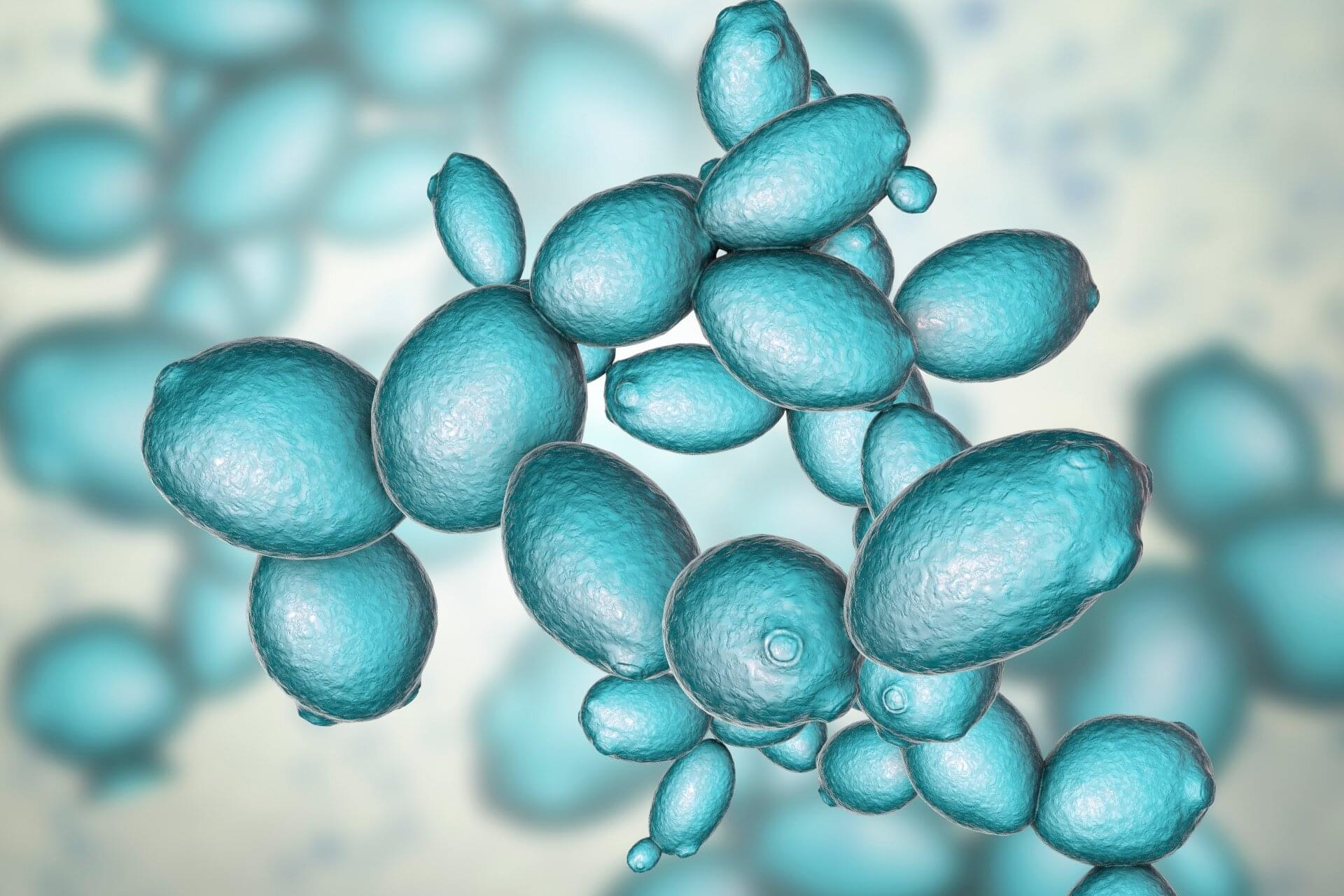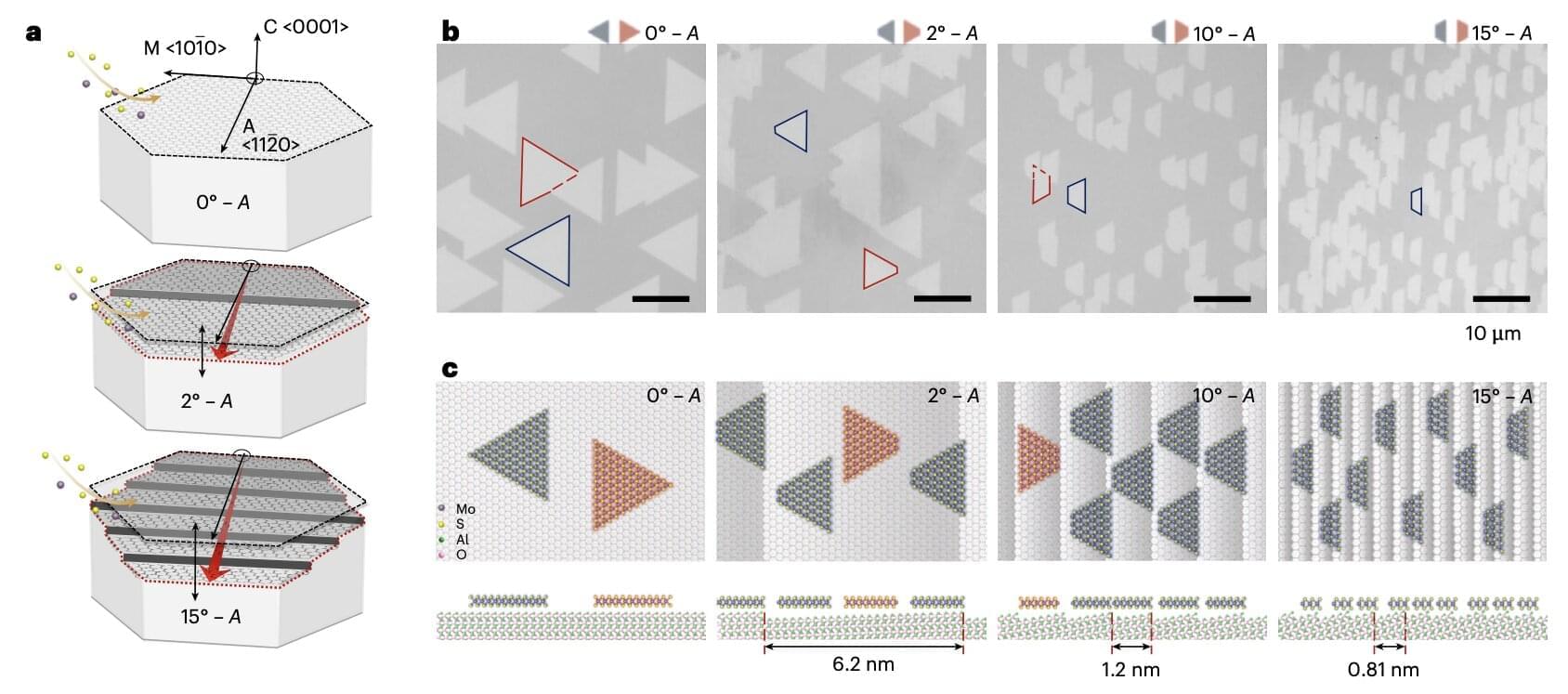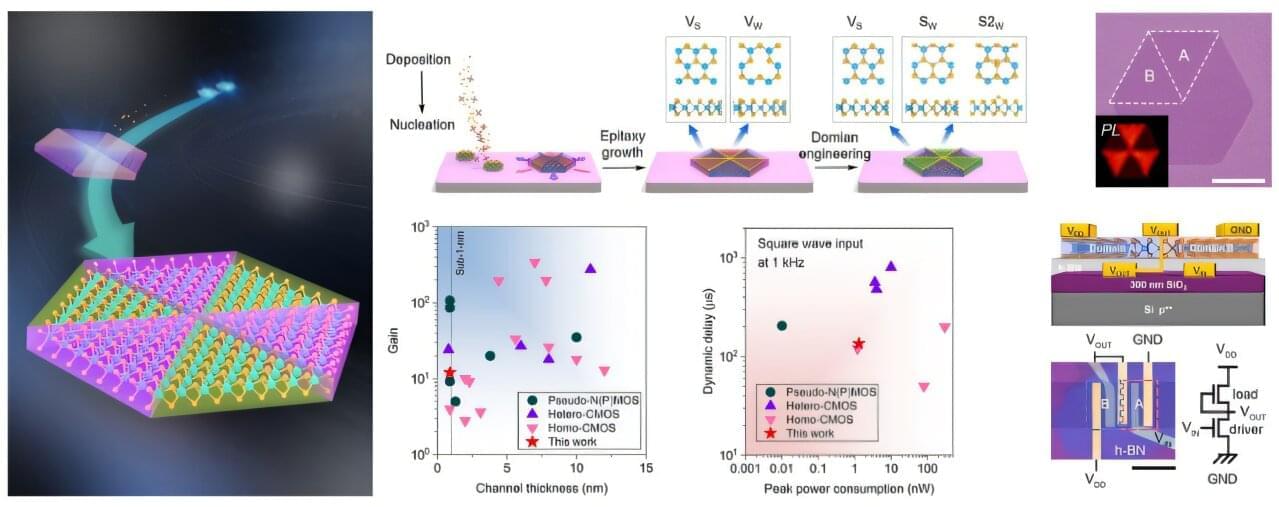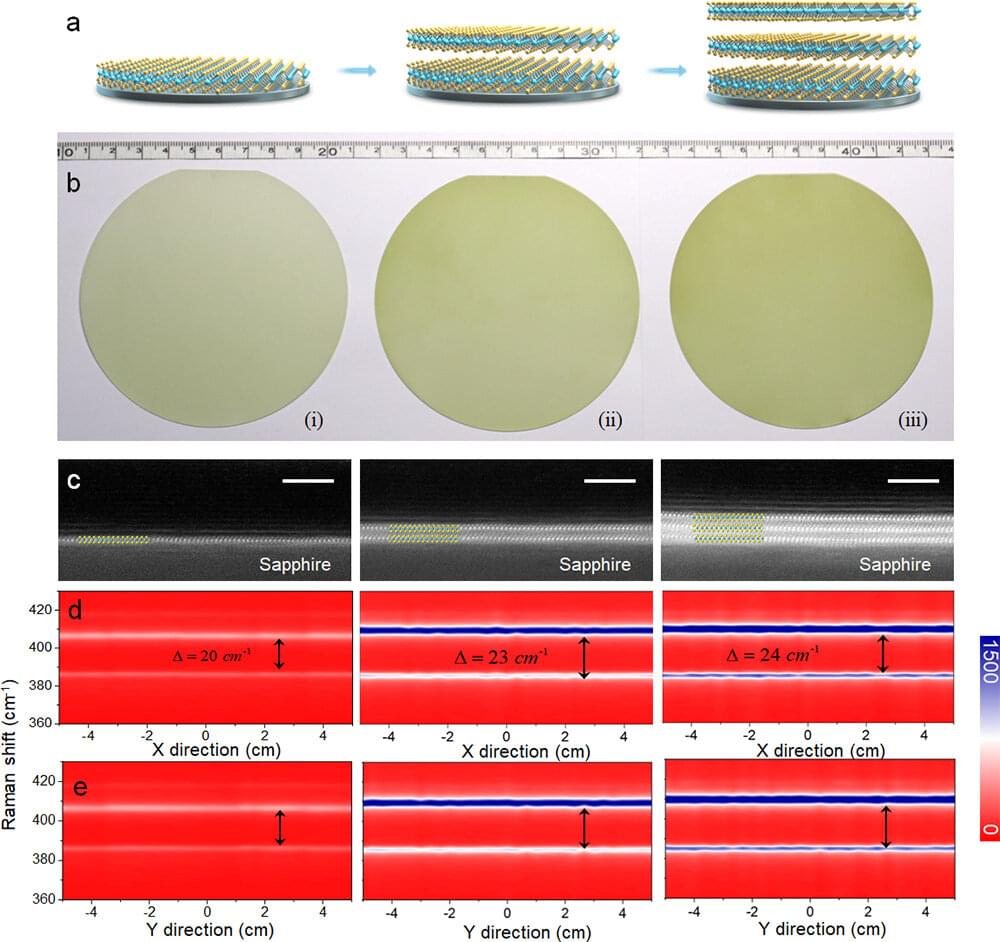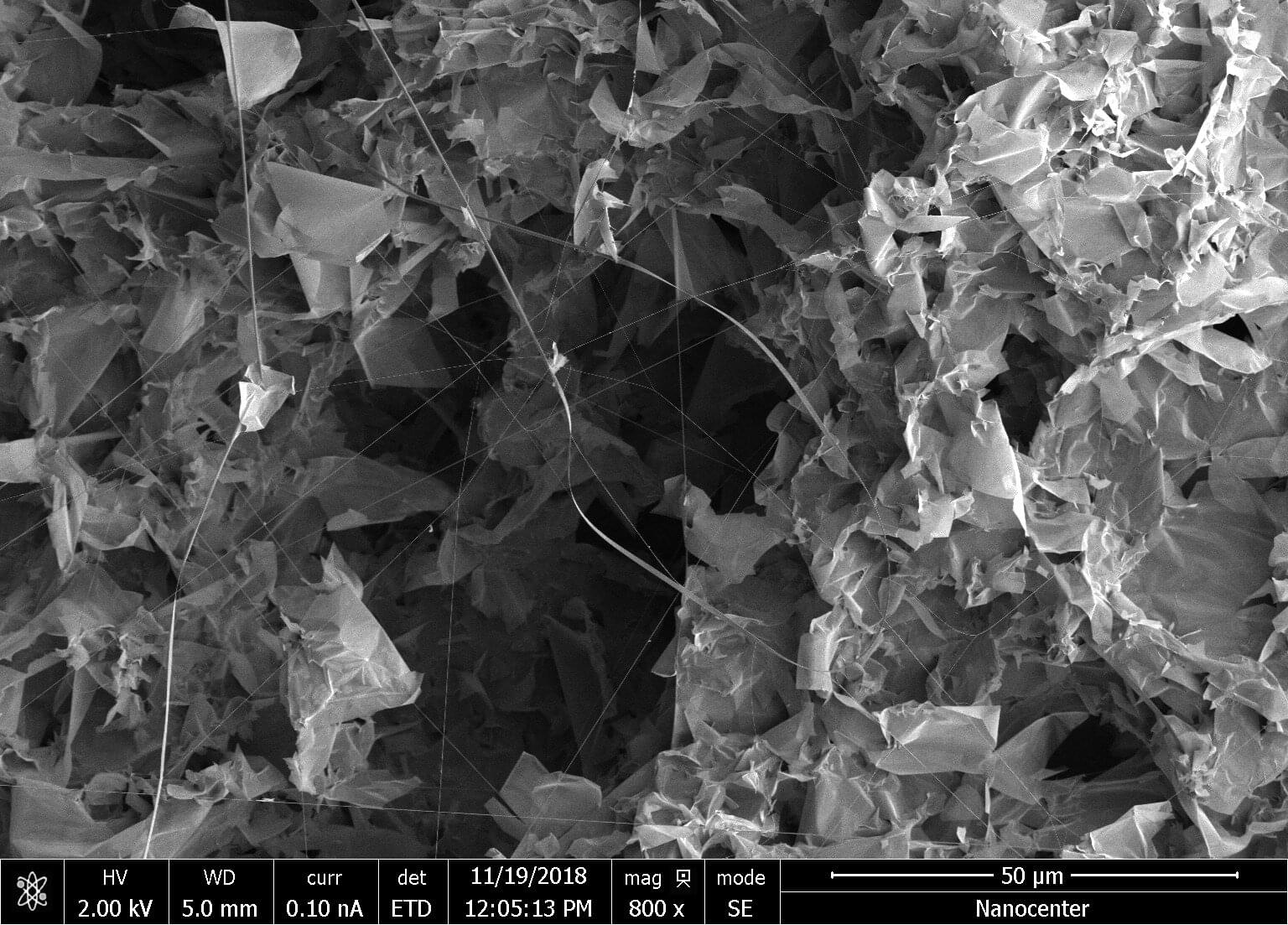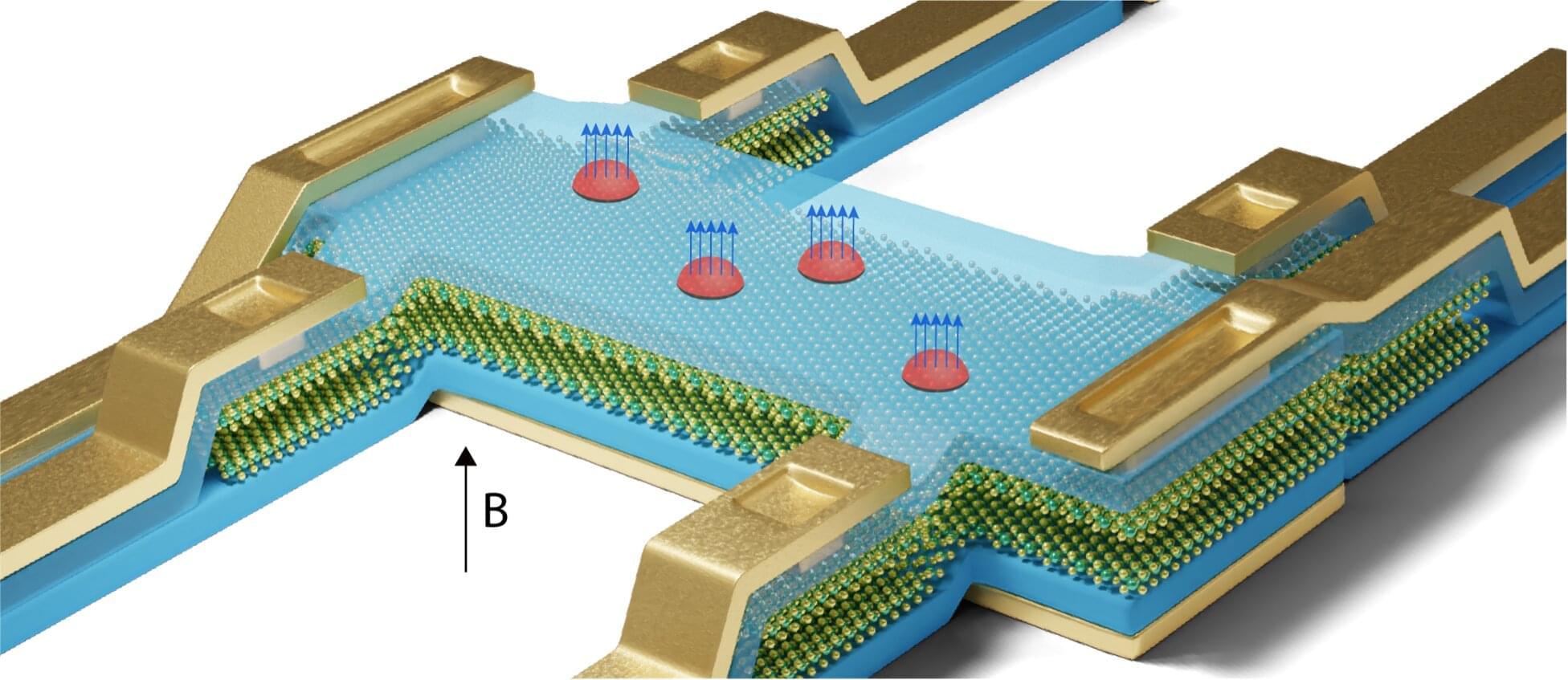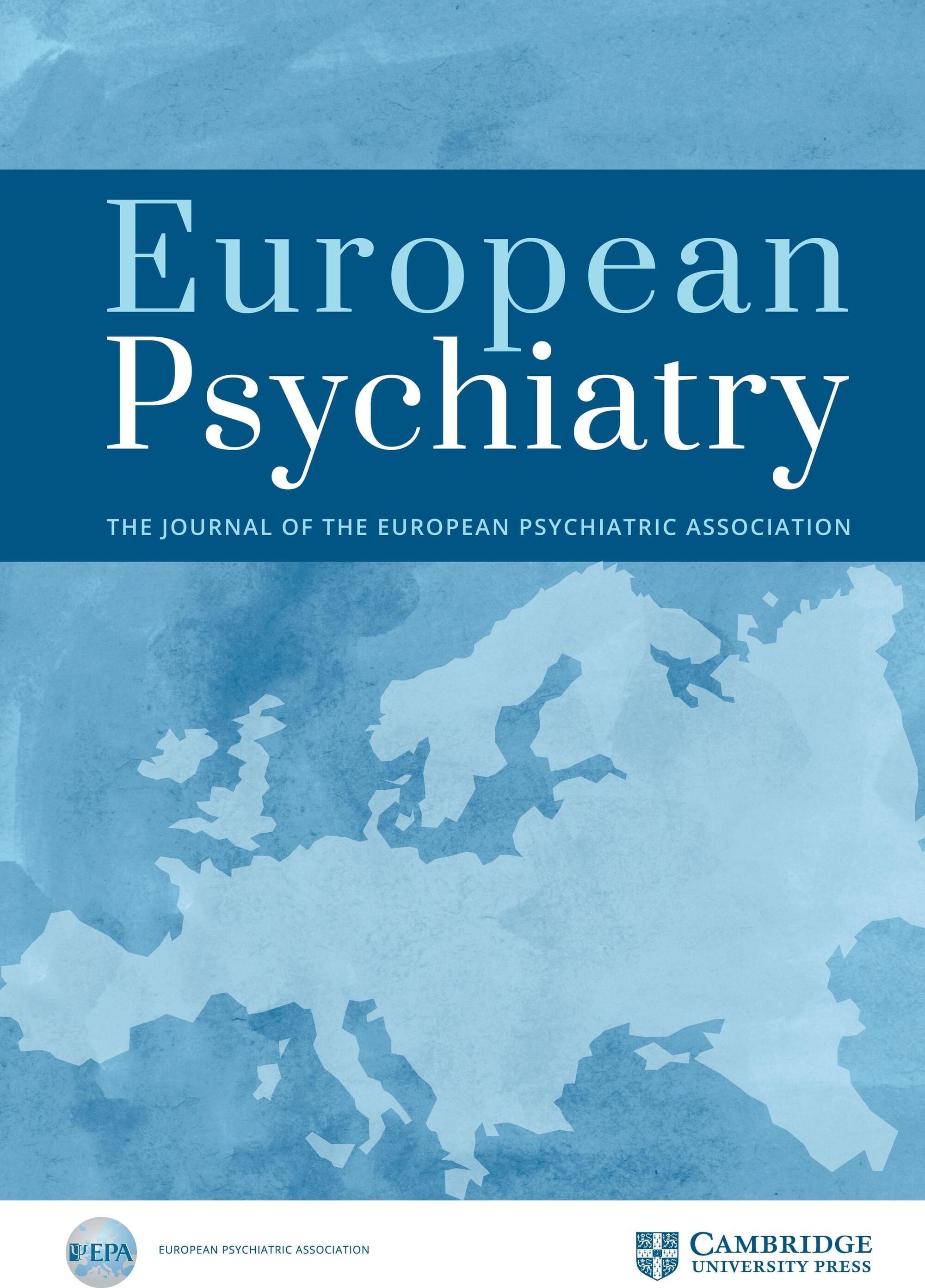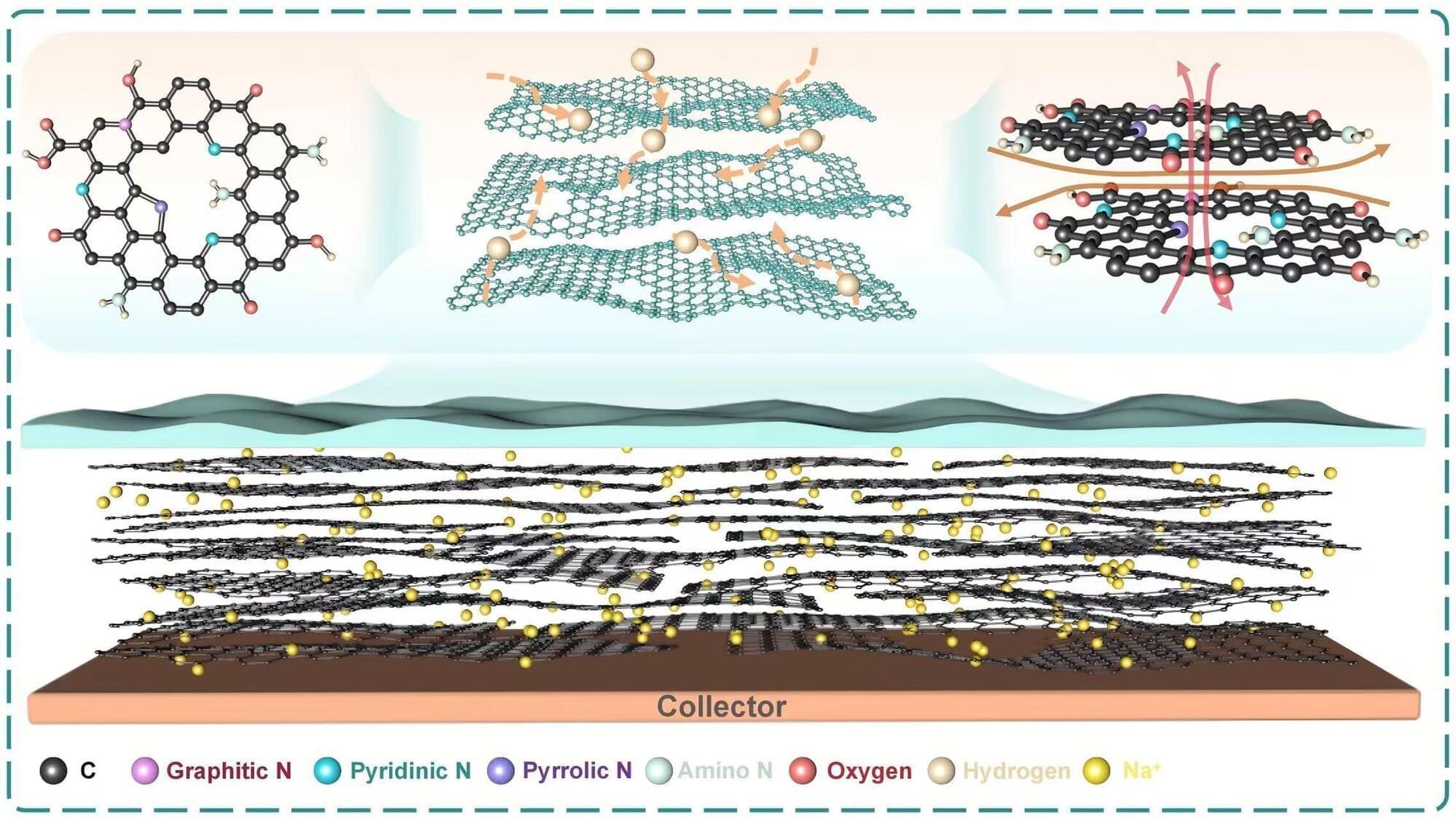Gene Therapy And A New Era Of Neuroscience — Dr. Norman Putzki, MD — SVP, Global Clinical Development Head, and U.S. Development Site Head, Novartis.
Dr. Norman Putzki, MD is Senior Vice President, Global Clinical Development Head, and U.S. Development Site Head at Novartis (https://www.novartis.com/) where he oversees global teams working on next-generation gene therapies, RNA-based medicines, targeted biologics, and innovative small molecules.
Dr. Putzki most recently served as Global Head of Development for Neuroscience and Gene Therapy at Novartis, where he oversaw one of the world’s most ambitious pipelines aimed at transforming the lives of patients with neurological, neuromuscular, and rare genetic diseases.
A physician–scientist by training, with an MD from University of Duisburg Essen, Dr. Putzki has built a career at the intersection of clinical medicine, translational research, and large-scale drug development.
Before joining Novartis, Dr. Putzki led programs across multiple therapeutic areas at Biogen Idec and has played key roles in advancing clinical treatments for conditions long considered intractable including MS and Parkison’s disease.
